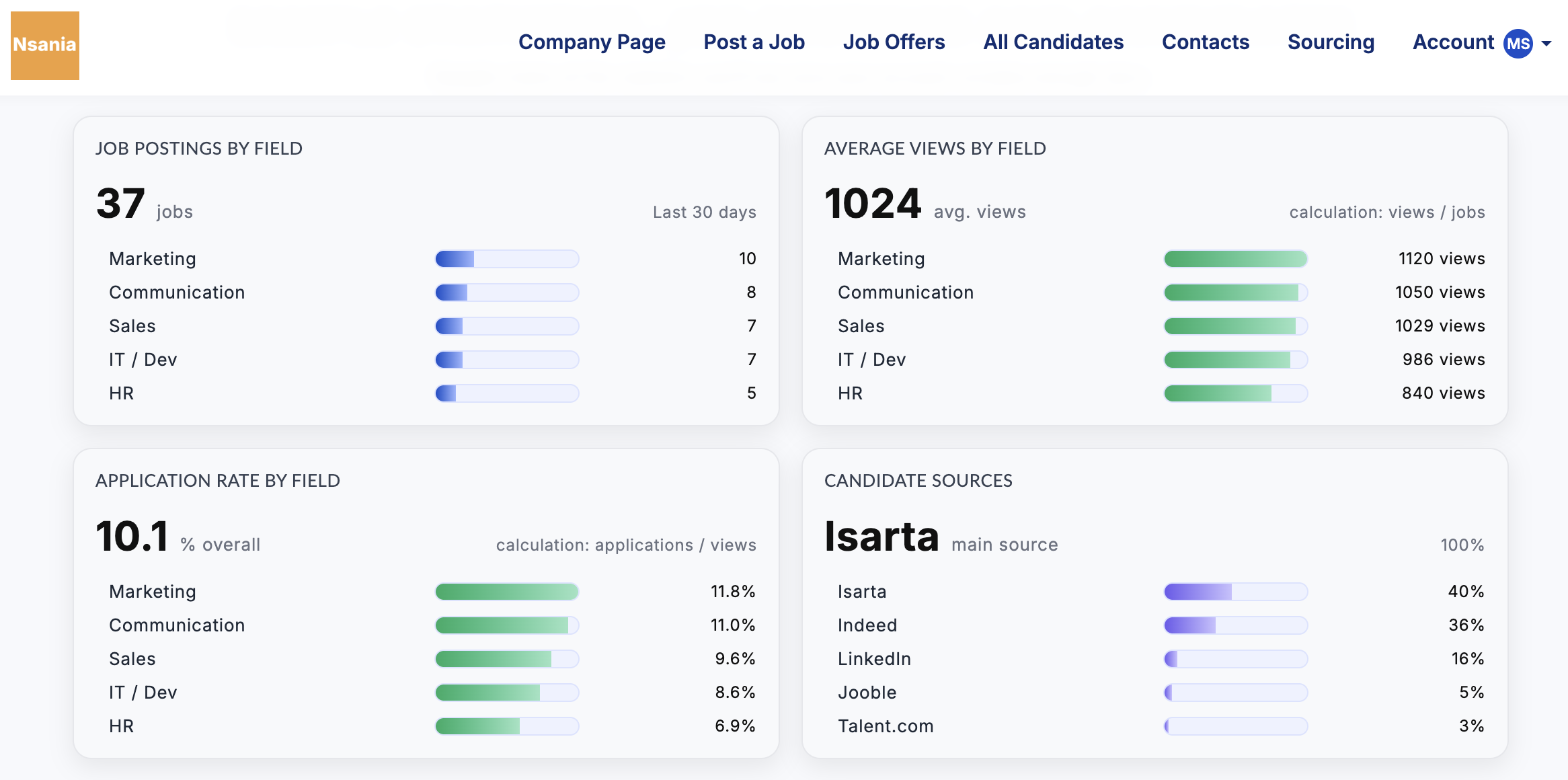Many professionals are facing waves of layoffs in their companies. What can they do to avoid the axe? And how can they manage the stress of having this looming threat over their heads? We asked career development coaches and consultants for their advice.
Francis Painchaud, an organizational consultant and author of a YouTube channel on workplace productivity, starts with a key piece of advice that sets the stage for all the others: be proactive in the face of the situation.
“In a layoff situation, people often tend to keep a low profile; they feel powerless. However, in my opinion, the worst mistake would be to just wait and see. On the contrary, this is the time to showcase your expertise and demonstrate how indispensable you are to the company.”
The consultant suggests a game plan to achieve this: identify your skills and distinctive qualities—what makes you stand out—and then determine actions to highlight them.
Gabriel Saldan, a management coach, builds on this idea of demonstrating indispensability.
“I suggest developing or maintaining skills outside of your primary role, such as being a good motivator or mediator. Being open, resilient, and willing to change roles—despite the discomfort—can definitely help secure your job.”
Élisabeth Petit acknowledges how unsettling it is to work in a company undergoing layoffs. However, she warns against being paralyzed by the situation. With 20 years of experience as an HR advisor and management coach, she shares this valuable advice:
“To secure your position: leverage your internal network, make yourself indispensable on key projects, and stay visible in a constructive way. Internal networking is often underestimated but crucial,” she adds. “To manage stress: keep your cool and prepare wisely. Having a backup plan doesn’t mean giving up—it means being professional and responsible.”
Exploring Your Options (Outside the Company)
Francis Painchaud also recommends having a safety net.
“Securing your job ultimately means securing yourself for what’s ahead. My instinct would be to reach out to colleagues and industry peers to see if opportunities exist elsewhere. The best way to manage stress isn’t mindfulness—it’s regaining control over the situation.”
For Élisabeth Petit, the most important thing is knowing when to leave—before stress starts affecting your health.
“There’s no shame in moving on… Job security is important, but not at the expense of your mental well-being. In the end, isn’t the best security about staying employable and at peace?”
Absolutely!




